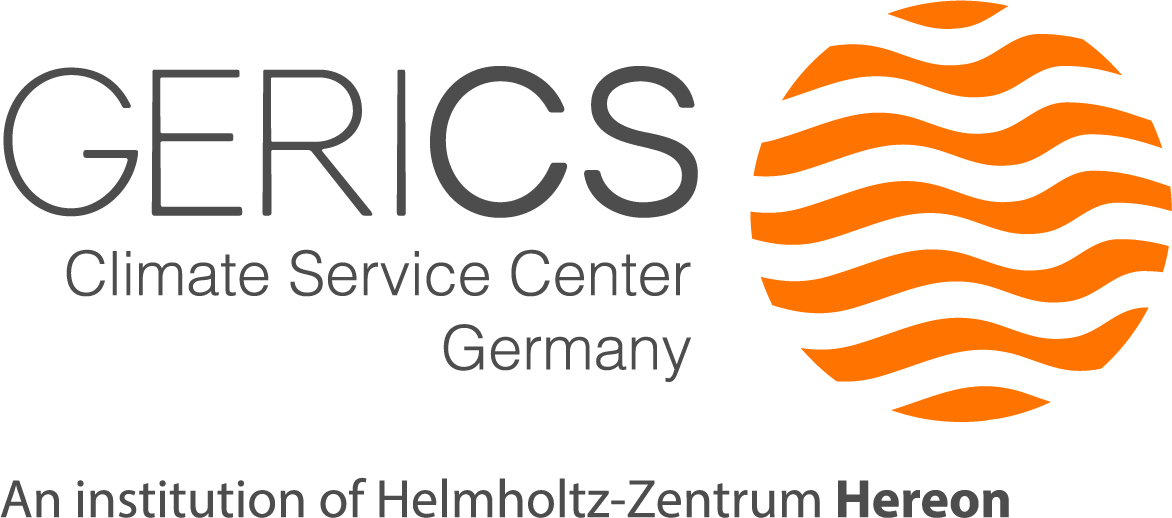Net-Zero-2050 Summer School: Results
Save the date: Net-Zero-2050 Winter School 2025

Photo: Steffi Lukman
The Net-Zero-2050 Consortium, Cluster I of the Helmholtz Climate Initiative, hosted the ‘Net-Zero-2050 Summer School’ from 2 to 6 September 2024 at the Climate Service Center Germany (GERICS) and in Hamburg's surroundings. This was organised by GERICS in collaboration with the consortium of participating scientists from various Helmholtz centres*. Around 25 Helmholtz scientists (junior and experienced scientists) came to Hamburg for the event.
The lecture topics were interdisciplinary, allowing participants to deepen their understanding of the various approaches on the road to a net-zero Germany. The programme was supplemented by excursions in and around Hamburg. As part of the Summer School, several contributions were made on various net zero-related topics, including a video for social media on the topic of solar energy and information slides on the topic of hydrogen (see also the links below).
The Net-Zero-2050 Network will also be organising a similar event next year: The ‘Net-Zero-2050 Winter School 2025’ will take place from 24 to 28 November 2025 in Hamburg. Further information will follow.
*From the Net-Zero-2050 team, the following scientists from a total of four Helmholtz centres took part in the Net-Zero-2050 Summer School 2024: Torsten Brinkmann (Hereon), Daniela Jacob (GERICS, Hereon), Thomas Klassen (Hereon), Fiona Köhnke (GERICS, Hereon), Enric Prats Salvadó (DLR), Thomas Pregger (DLR), Björn Rau (HZB), Imke Rhoden (FZJ) and Bettina Steuri (GERICS, Hereon).
Information on the solar energy video (see below)
Description
1) Solar energy plays a crucial role in combating climate change as it is a clean, renewable energy source that reduces greenhouse gas emission. Along wind power, it significantly contributes to energy independence. By harnessing the sunlight, different countries can reduce their reliance on imported fossil fuels and built more self-sufficient energy. The production of solar energy components along the most important production steps is highly concentrated in Asia , with a production rate exceeding 95%. Asia, particularly China, benefits from lower labor and production costs, which helps reduce the overall cost of manufacturing solar panels and components. The region has well-developed supply chains and infrastructure for solar panel production, making it more efficient and cost-effective. The downside is a high dependence on a single global player and more resilience is needed to enhance security in reaching the net-zero goals.
2) The main steps in solar module production are:
a) Polysilicon Production
b) Ingot Formation
c) Wafer Slicing
d) Solar Cell Fabrication
e) Module Assembly
3) In the European Union, local manufacturing of key solar components is available but needs to be strengthened for greater resilience. In Germany, there are numerous startups and significant potential for expanding local manufacturing capabilities in the solar industry. Various proposals to ensure the success of regaining local manufacturing of photovoltaic components have been developed ranging from an IRA equivalent to increased support for startups. Achieving net-zero emissions relies heavily on expanding solar energy use, which offers significant potential but also comes with risks such as dependency on material supply chains and technological challenges.
Click here for the solar energy video
Contributors
- Xheni Garipi, Technical University of Darmstadt, Department of Materials- and Geosciences Karlsruhe Institute of Technology, Institute for Nuclear Waste Disposal (LinkedIn)
- Jonas Schaible, Helmholtz Zentrum Berlin (HZB), Department Optics for Solar Energy (LinkedIn)
- Pramila Patil, Helmholtz Zentrum Berlin (HZB), Department Solution Processing of Hybrid Materials & Devices (LinkedIn)
More information on the hydrogen information slides
Short description
1) Hydrogen 101 Basics of Hydrogen (we wanted to provide some introductory infographics for a general public audience)
2) Hydrogen’s role to reach Net Zero: insights for Germany (how can hydrogen play a role in Germany's energy transition)
3) Road to Net-Zero: Hydrogen projections, targets and milestones (a visual on some key events from today to 2050)
4) Hydrogen: common misconceptions: Have you heard some of these? Help us debunk some myths! (we thought of things we have heard about hydrogen)
Click here for the hydrogen information slides (58,2 MB)
Contributors
- Rafaella Canessa, Guest researcher at e DLR Institute of Networked Energy Systems (LinkedIn)
- Sally K. Springer, Research fellow at Forschungszentrum Jülich GmbH, Institute of Climate and Energy Systems, Jülich Systems Analysis (LinkedIn)
- Maximilian Passing, PhD Student at Helmholtz-Zentrum hereon GmbH, Institute of Hydrogen Technology (Research Gate)
The Net Zero 2050 Network stands for a scientific exchange on negative emissions and CO2-neutrality. Interested parties - both from science and practice - are invited to join: To register, please send an e-mail to the following contact address.
